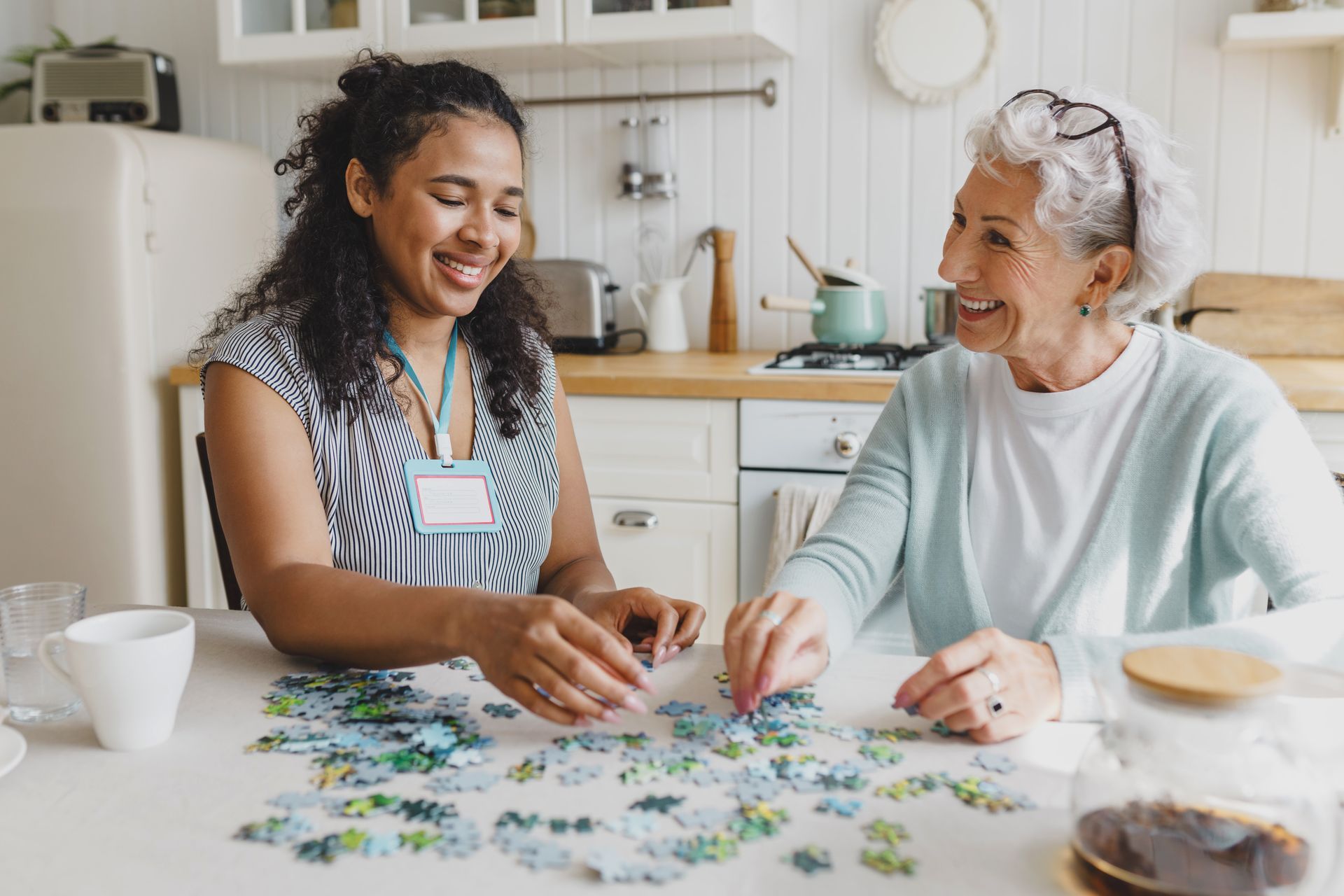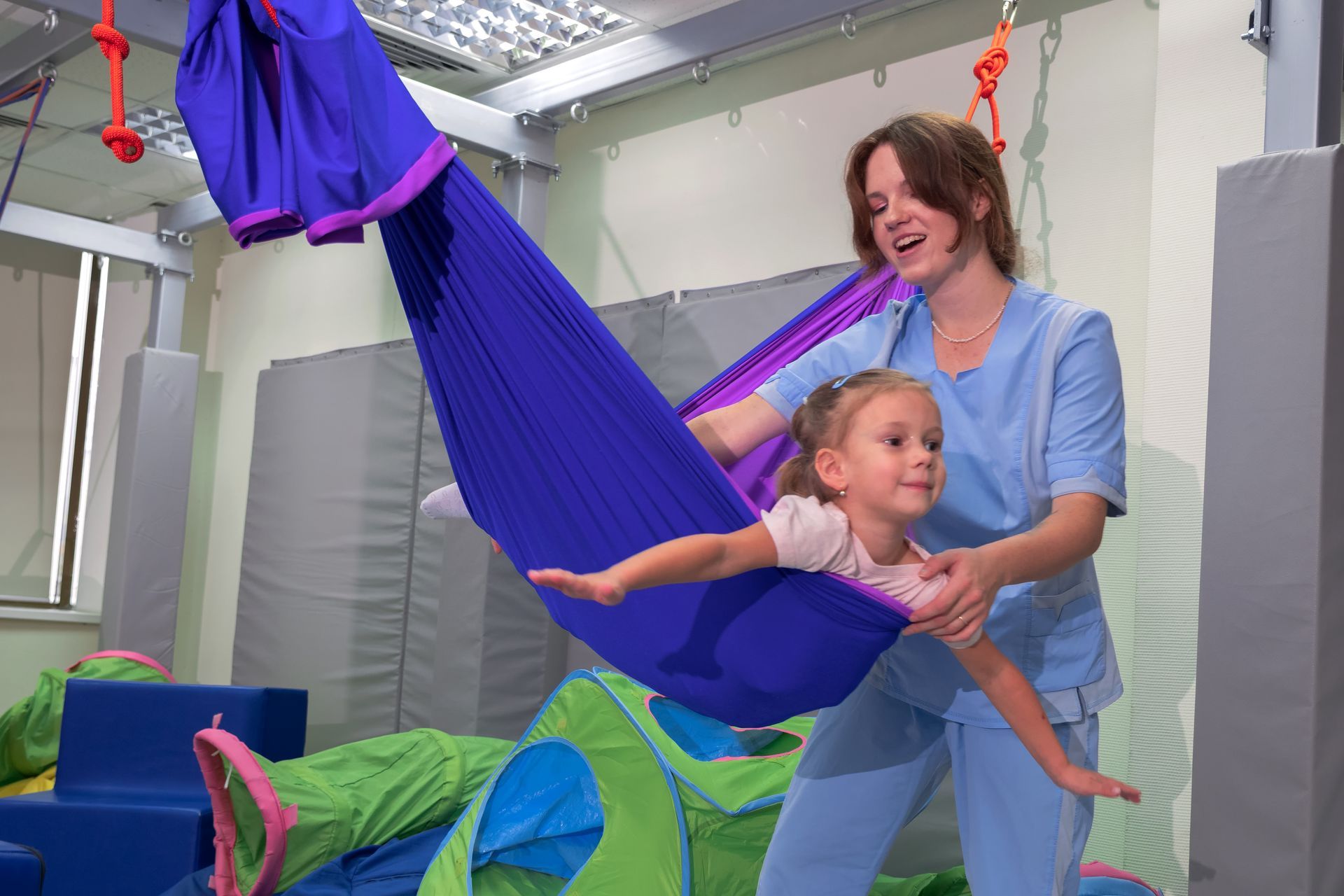Meet the team
Amazing people across Australia
We're helpz
Introducing our team
helpz provides Positive Behaviour Support and Allied Health services in NSW, Queensland, ACT, Victoria and South Australia. We're a network of over 55 clinicians specialising in fields like Behaviour Support, Occupational Therapy, Music Therapy, Counselling, Psychology and more. They’re supported by an amazing team of Network Leads and head office staff. So, let's get to know some of the people at helpz. We're truly excited to be part of your journey!

Meet the team
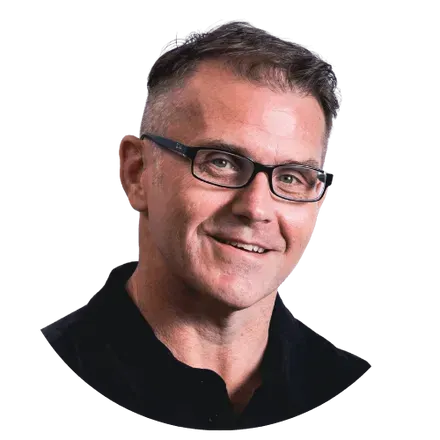
Founder & Managing Director
Danny has over 25 years of experience in the Disability sector in Australia. This includes 16 years of working for the NSW Government, across multiple portfolios of Supported Accommodation, Ethics and Professional Standards, Clinical Governance, Community Support, Senior Leadership and Directorship.
The next phase compliments his additional experience in the not for profit space where he led sector transition and transformation in the unprecedented reform to the NDIS in Allied Health and Behaviour Support operations across NSW, Queensland and Victoria.
This partnership with Philip O'Sullivan brings an evolved, informed and sustainable NDIS business strategy. Participants will reach the next level of empowerment, inclusion and independence through a work-life balance employment model where clinicians can deliver flexible and innovative practice.
Danny is a Registered Behaviour Support Practitioner and Registered Nurse, graduating from the University of Sydney with post-graduate qualifications in Public Sector Management. He strives for increased access, quality and standards of support for People with a Disability so they reach their goals and be as independent as they can be.
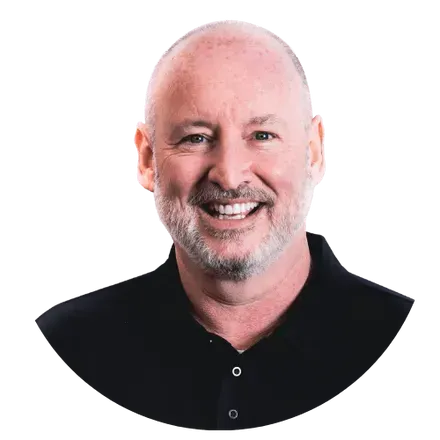
Founder & Chairman
Philip has an Hons Degree in Pure Economics from University College Dublin and over 25 years experience in exec and medical recruitment. This is the basis for developing the helpz platform, best practice retention and remuneration to deliver premium outcomes for NDIS participants.
In 2003 Philip launched, with external financial backing, Charterhouse Partnership, a venture which enjoyed considerable success and saw him rewarded with a Young Businessman of the Year award in 2005. A year later, the group had offices in Sydney, Melbourne, Singapore and HK.
Callaways Executive began in 2008, with the single aim of delivering a boutique recruitment service. In both 2011 and 2013 Callaways won Seek Executive Recruiter of the Year Award.
Philip co-founded Omega Medical in 2011 and it has grown to become a leader in the recruitment of locum and permanent positions for medical professionals in Australia.
Identifying the changing landscape for clinicians in the NDIS arena, Philip has partnered with Danny Burgess to create a platform that dramatically improves the conditions and remuneration for frontline Disability sector clinicians.
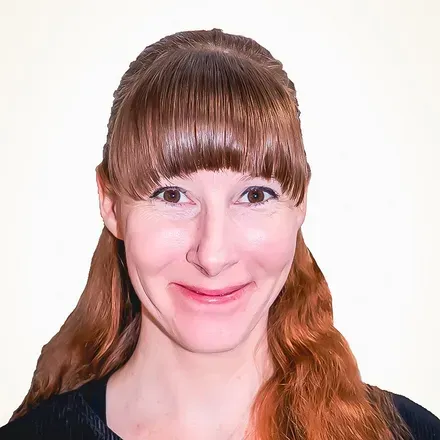
Service Support Manager
Elinor joined the Disability sector working for the NSW Government as a Therapy Assistant where she supported Allied Health and Behaviour Support practitioners and operational management teams.
Moving into systems support and project roles, she went on to support a range of transition projects as the sector transformed with the introduction of the NDIS.
More recently, her work has focused on advocating for and driving client-centric continuous improvement, including the development and implementation of systematic feedback and consultation frameworks across a diverse range of services for a not-for-profit organisation, including Disability, community-based aged care, and child, youth, and family support services.
Elinor brings an integral layer to the NDIS Disability standards, with experience across client voice and client experience, organisational quality improvement, practice support, outcomes measurement and compliance. She has skills in information management, discovered through her Master of Museum Studies, where this enriched her skills in data collection and analysis, communication and passion about ensuring systems and processes supporting the delivery of quality practice, services and decision-making as easily, efficiently and effectively as possible.

Danny Burgess
Founder & Managing Director
-
Learn More
Danny has over 25 years of experience in the Disability sector in Australia. This includes 16 years of working for the NSW Government, across multiple portfolios of Supported Accommodation, Ethics and Professional Standards, Clinical Governance, Community Support, Senior Leadership and Directorship.
The next phase compliments his additional experience in the not for profit space where he led sector transition and transformation in the unprecedented reform to the NDIS in Allied Health and Behaviour Support operations across NSW, Queensland and Victoria.
This partnership with Philip O'Sullivan brings an evolved, informed and sustainable NDIS business strategy. Participants will reach the next level of empowerment, inclusion and independence through a work-life balance employment model where clinicians can deliver flexible and innovative practice.
Danny is a Registered Behaviour Support Practitioner and Registered Nurse, graduating from the University of Sydney with post-graduate qualifications in Public Sector Management. He strives for increased access, quality and standards of support for People with a Disability so they reach their goals and be as independent as they can be.

Philip O'Sullivan
Founder & Chairman
-
Learn More
Philip has an Hons Degree in Pure Economics from University College Dublin and over 25 years experience in exec and medical recruitment. This is the basis for developing the helpz platform, best practice retention and remuneration to deliver premium outcomes for NDIS participants.
In 2003 Philip launched, with external financial backing, Charterhouse Partnership, a venture which enjoyed considerable success and saw him rewarded with a Young Businessman of the Year award in 2005. A year later, the group had offices in Sydney, Melbourne, Singapore and HK.
Callaways Executive began in 2008, with the single aim of delivering a boutique recruitment service. In both 2011 and 2013 Callaways won Seek Executive Recruiter of the Year Award.
Philip co-founded Omega Medical in 2011 and it has grown to become a leader in the recruitment of locum and permanent positions for medical professionals in Australia.
Identifying the changing landscape for clinicians in the NDIS arena, Philip has partnered with Danny Burgess to create a platform that dramatically improves the conditions and remuneration for frontline Disability sector clinicians.

Elinor Langtry
Service Support Manager
-
Learn More
Elinor joined the Disability sector working for the NSW Government as a Therapy Assistant where she supported Allied Health and Behaviour Support practitioners and operational management teams.
Moving into systems support and project roles, she went on to support a range of transition projects as the sector transformed with the introduction of the NDIS.
More recently, her work has focused on advocating for and driving client-centric continuous improvement, including the development and implementation of systematic feedback and consultation frameworks across a diverse range of services for a not-for-profit organisation, including Disability, community-based aged care, and child, youth, and family support services.
Elinor brings an integral layer to the NDIS Disability standards, with experience across client voice and client experience, organisational quality improvement, practice support, outcomes measurement and compliance. She has skills in information management, discovered through her Master of Museum Studies, where this enriched her skills in data collection and analysis, communication and passion about ensuring systems and processes supporting the delivery of quality practice, services and decision-making as easily, efficiently and effectively as possible.
Meet our Network Leads
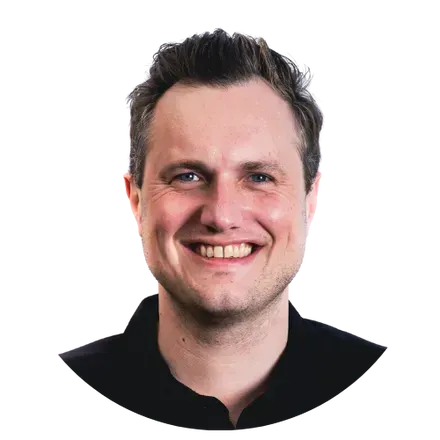
Network Lead
Having obtained his Bachelor of Commerce from the University of Sydney, Luke started his career in Audit and Assurance. After receiving his CA qualification, he made a move into the Commercial Finance sphere where he has spent the majority of his career, including 3-years living and working in London.
Throughout his career he has worked across various roles, companies and industries. Over this time he has honed his skills in leading and motivating teams; identifying revenue opportunities and driving cost savings; developing and building relationships with all stakeholders; understanding business operations; designing and implementing systems and processes; financial insight; and development of business reporting and KPI’s.
Since returning to Sydney he has worked solely within the Healthcare industry, partnering with Sales teams to drive revenue and maximise profit; identifying new business opportunities; analysing performance; enhancing customer experience; and implementing new systems, processes, and reporting for business transition to best practice.
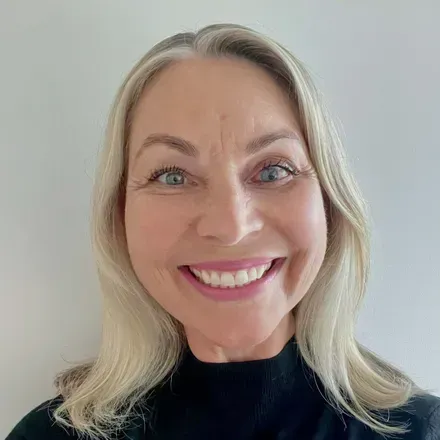
Network Lead
Bethany is a Registered Nurse and has 22 years of experience working in varying areas of hospitals (cardiac, emergency, anaesthetics, wards), the community and the disability sector here in Australia and the United Kingdom.
She brings a diverse set of skills and knowledge to the helpz team which includes:
Clinical governance and development, Project Management, Workplace Training with a Registered Training Organisation (RTO), Clinical Nurse Consultant (Disability), Clinical Nurse Specialist (Chronic and Complex Care Coordinator) and Network Manager overseeing the daily support within Supported Independent Living (SIL) accommodation for adults and short-term respite accommodation.
Bethany held a key Clinical Governance role in NSW State Government Disability services. Bethany also has held positions in Marketing and Business Development for a large Not for Profit NDIS Disability Services organisation.
Bethany’s 13 years within the disability sector also included the transition to the NDIS within NSW. This further enhanced her expertise around individualised support needs for people with disability and is one of the factors that drives her continued approach to provide a high standard of quality care and support, implement best practice, enabling respect and dignity, fostering inclusion, diversity and access to supports.
Bethany holds a current nursing registration, qualifications in Training and Assessment and has completed post-graduate studies in Business and Workforce Management.
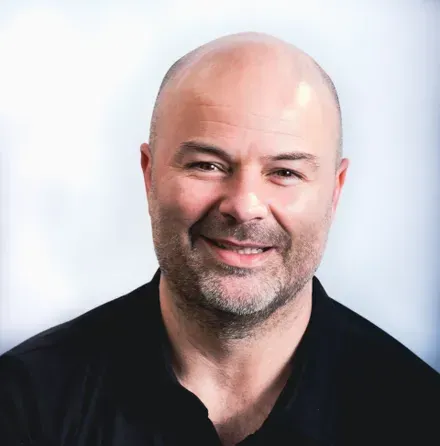
Network Lead
Mitch has over 15 years experience working in the community services sector. This includes 10 years in Senior leadership positions within the not-for-profit and government disability sectors. Mitch’s most recent role was at a large not for profit organisation as Regional Manager for Western Sydney, Regional New South Wales and Victoria, where he led one of Australia’s largest community-based multi-disciplinary Allied Health and Behaviour Support teams. Mitch has also worked in policy development within the Commonwealth Government and holds degrees in Law and Social Science.
Mitch brings a key operational skill-set to helpz – a genuine and real connection to the front-line clinicians, where listening, respect and unconditional regard form part of his daily interaction and ongoing professional development framework. Mitch enhances an important level of clinician engagement with helpz – no hierarchy, enabling workplace flexibility, problem solving with and for team members and looks entirely from a clinician centric perspective. Mitch is also a Registered Behaviour Support Practitioner.

Luke McClure
Network Lead
-
Learn More
Having obtained his Bachelor of Commerce from the University of Sydney, Luke started his career in Audit and Assurance. After receiving his CA qualification, he made a move into the Commercial Finance sphere where he has spent the majority of his career, including 3-years living and working in London.
Throughout his career he has worked across various roles, companies and industries. Over this time he has honed his skills in leading and motivating teams; identifying revenue opportunities and driving cost savings; developing and building relationships with all stakeholders; understanding business operations; designing and implementing systems and processes; financial insight; and development of business reporting and KPI’s.
Since returning to Sydney he has worked solely within the Healthcare industry, partnering with Sales teams to drive revenue and maximise profit; identifying new business opportunities; analysing performance; enhancing customer experience; and implementing new systems, processes, and reporting for business transition to best practice.

Bethany Franklin
Network Lead
-
Learn More
Bethany is a Registered Nurse and has 22 years of experience working in varying areas of hospitals (cardiac, emergency, anaesthetics, wards), the community and the disability sector here in Australia and the United Kingdom.
She brings a diverse set of skills and knowledge to the helpz team which includes:
Clinical governance and development, Project Management, Workplace Training with a Registered Training Organisation (RTO), Clinical Nurse Consultant (Disability), Clinical Nurse Specialist (Chronic and Complex Care Coordinator) and Network Manager overseeing the daily support within Supported Independent Living (SIL) accommodation for adults and short-term respite accommodation.
Bethany held a key Clinical Governance role in NSW State Government Disability services. Bethany also has held positions in Marketing and Business Development for a large Not for Profit NDIS Disability Services organisation.
Bethany’s 13 years within the disability sector also included the transition to the NDIS within NSW. This further enhanced her expertise around individualised support needs for people with disability and is one of the factors that drives her continued approach to provide a high standard of quality care and support, implement best practice, enabling respect and dignity, fostering inclusion, diversity and access to supports.
Bethany holds a current nursing registration, qualifications in Training and Assessment and has completed post-graduate studies in Business and Workforce Management.

Mitch Zammit
Network Lead
-
Learn More
Mitch has over 15 years experience working in the community services sector. This includes 10 years in Senior leadership positions within the not-for-profit and government disability sectors.
Mitch’s most recent role was at a large not for profit organisation as Regional Manager for Western Sydney, Regional New South Wales and Victoria, where he led one of Australia’s largest community-based multi-disciplinary Allied Health and Behaviour Support teams. Mitch has also worked in policy development within the Commonwealth Government and holds degrees in Law and Social Science.
Mitch brings a key operational skill-set to helpz – a genuine and real connection to the front-line clinicians, where listening, respect and unconditional regard form part of his daily interaction and ongoing professional development framework.
Mitch enhances an important level of clinician engagement with helpz – no hierarchy, enabling workplace flexibility, problem solving with and for team members and looks entirely from a clinician centric perspective. Mitch is also a Registered Behaviour Support Practitioner.


